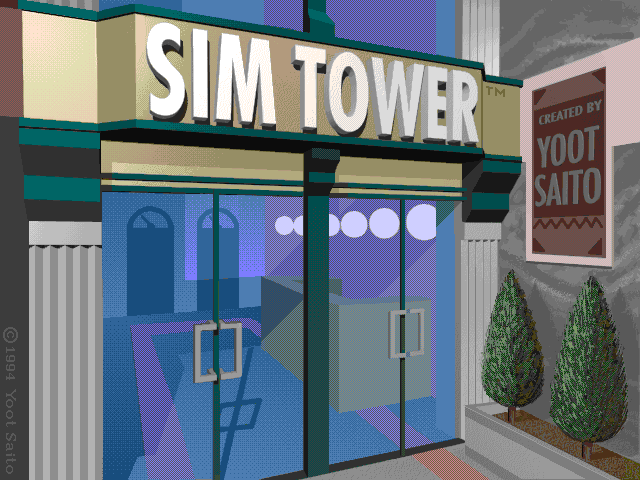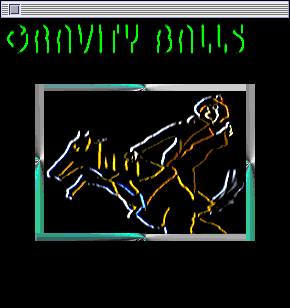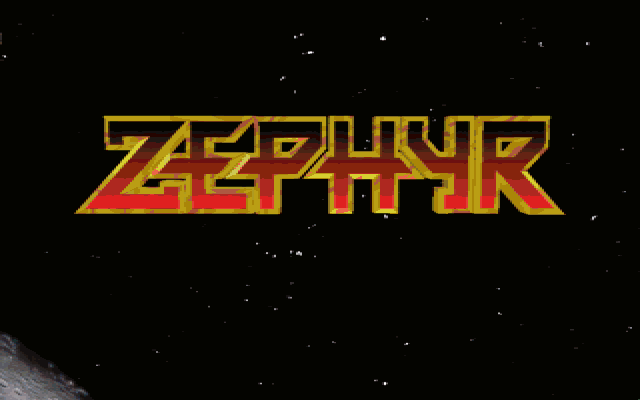SimTower: The Vertical Empire 
The manual for SimTower shares a funny story about how Japanese developer Yoot Saito ended up making a Sim game. Saito had a background in architecture, and one day, he found himself fascinated by how elevators work – how they decide which floors to go to and who’s responsible for making them efficient. When he called an elevator company to ask, they declined to give him an answer. So with the help from programmer Takumi Abe, he designed a simulation to see how elevators operate in a crowded building. It was more complex than he ever imagined. “[E]levator movements, like the steps of a dance, are almost impossible to describe it mere words,” he said. That elevator simulation became Yoot Saito’s first game, SimTower: The Vertical Empire.
It might come as a surprise that Maxis published another developer’s personal curiosity as part of their Sim series, but it fits in the tradition of Maxis games taking a real world concept, like urban planning in SimCity and blowing it up into a game. The big surprise is that Saito does the Sim formula better than Maxis did. His take on the Sim series is more intimate, working at a more human scale, and that makes it one of the strongest entries in the series. » Read more about SimTower: The Vertical Empire




